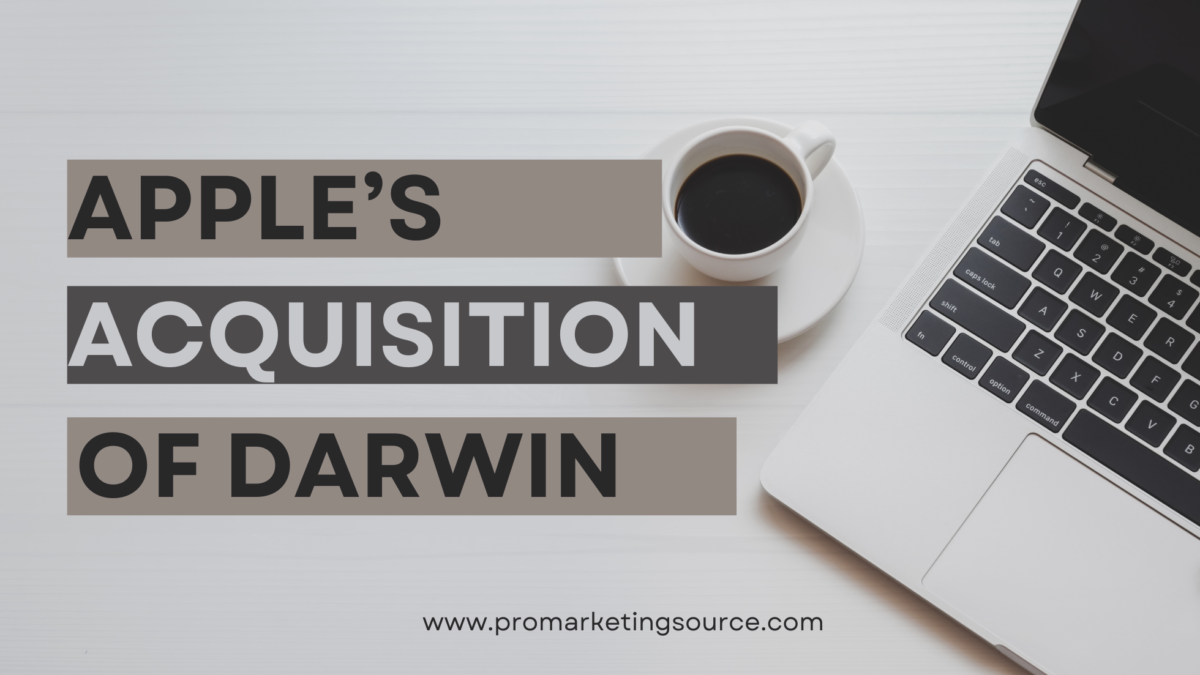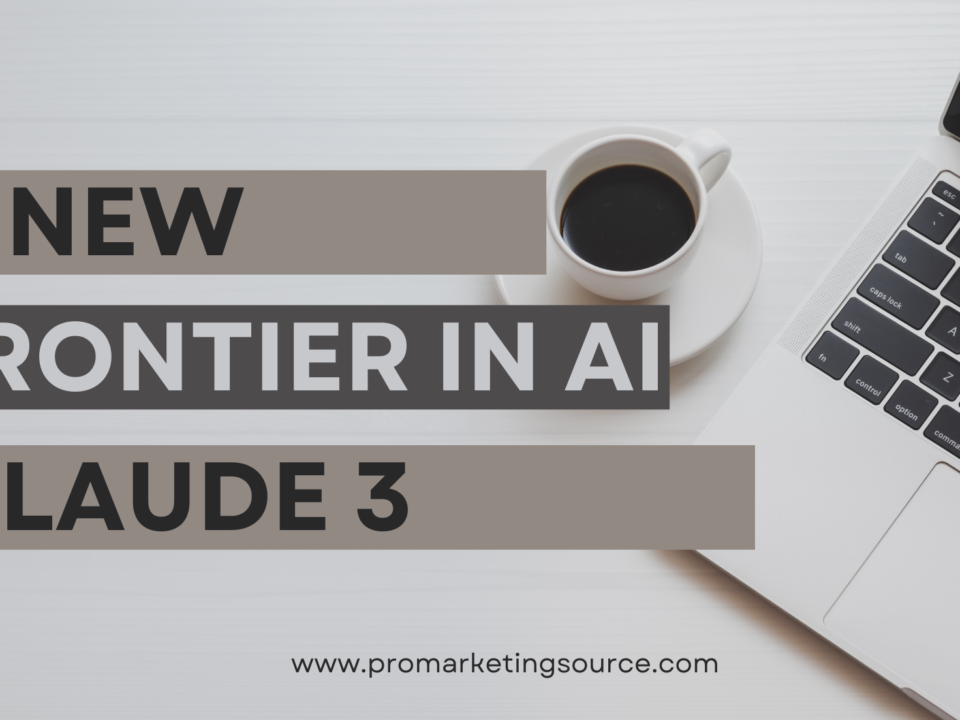In the fast-paced realm of technology, artificial intelligence (AI) stands as a cornerstone of innovation, driving advancements that continually reshape our interaction with digital devices. Among the titans of tech, Apple's recent acquisition of DarwinAI, a Canadian AI startup, signals a pivotal shift in the company's AI trajectory—a move that could redefine the capabilities of Siri and position Apple as a formidable contender in the AI and device game.
Siri Just Doesn't Understand!
For years, Siri has been a familiar voice to millions, offering assistance with tasks ranging from setting reminders to answering queries. However, despite its widespread use, Siri has often been critiqued for lacking the conversational and natural language capabilities seen in other AI assistants. This gap has not only been a source of frustration for users but also a challenge Apple has been keen to address.
The acquisition of DarwinAI is a testament to Apple's commitment to bridging this gap. By integrating DarwinAI's cutting-edge technology, Apple is poised to enhance Siri's understanding of natural language, enabling more sophisticated and intuitive interactions. This move is not merely about catching up; it's about setting a new standard for what AI assistants can achieve.
Enhancing Siri: Apple's Response to Consumer Expectations and Competitive Landscape
Consumer feedback on AI assistants highlights a competitive landscape where Siri, despite its pioneering role, faces stiff competition from Amazon's Alexa, Google Assistant, and Microsoft's Cortana. Studies and surveys often position Alexa and Google Assistant ahead of Siri in terms of popularity and capabilities, particularly in voice recognition accuracy, conversational interaction, and integration with third-party services. Consumers have expressed a desire for Siri to offer more personalized experiences and a broader understanding of context and natural language, mirroring the capabilities that have made competitors so appealing.
DarwinAI: The Key to a New Era of AI Capabilities
DarwinAI's expertise lies in creating AI systems that excel in understanding and processing complex language patterns, a critical element in evolving Siri from a task-oriented assistant to a more engaging, conversational companion. With DarwinAI's technology, Siri could offer more personalized responses, understand context better, and even anticipate users' needs, transforming the user experience into something far more dynamic and natural.
This acquisition also underscores Apple's broader strategy to solidify its foothold in the generative AI space. As AI becomes increasingly integral to a wide array of applications—from content creation to predictive analytics—Apple's move signals its intention to be at the forefront of this evolution, leveraging AI not just in Siri, but across its ecosystem of devices and services.
A Game Changer for the AI and Device Landscape
The implications of DarwinAI's integration into Apple's AI strategy extend far beyond Siri. This is about reshaping the landscape of AI within consumer technology, setting new benchmarks for what is possible. Apple's commitment to advancing AI capabilities, evidenced by its series of acquisitions culminating in DarwinAI, positions the company to lead in the creation of devices that are more responsive, intuitive, and aligned with human interaction.
Furthermore, this strategic move could catalyze a ripple effect across the tech industry, prompting competitors to accelerate their own AI initiatives. The race is on, not just for better AI assistants, but for a comprehensive AI-driven ecosystem that enhances every aspect of digital interaction.
Apple's Ambitious AI Roadmap: Beyond Siri's Enhancement
Apple's acquisition of DarwinAI is a strategic move within a much larger framework of AI initiatives aimed at not only enhancing Siri but also integrating advanced AI and machine learning across its ecosystem. A prominent project under development is rumored to be "Apple GPT," a response to the generative AI boom led by tools like ChatGPT. Under the leadership of AI chief John Giannandrea, Apple is focusing on large language models and conversational AI, with a significant investment in the "Ajax" framework for developing more capable AI systems. This framework reportedly surpasses the capabilities of ChatGPT 3.5 and involves extensive research and hardware investment, highlighting Apple's commitment to leading in AI technology.
Apple's AI efforts extend beyond Siri, aiming to imbue its entire suite of apps and services with AI functionalities. From AI-driven auto-generated playlists in Apple Music to support for developers in Xcode and enhanced user interaction in Pages and Keynote, Apple envisions a future where AI seamlessly integrates into every aspect of its software ecosystem. Additionally, Apple's exploration into generative AI for creating videos, images, and multimodal AI technology underscores its ambition to redefine digital experiences.
Looking Ahead: The Future of AI at Apple
As we anticipate the rollout of updates and features fueled by DarwinAI's technology, it's clear that Apple is not just enhancing Siri; it's reimagining the role of AI in our daily lives. This acquisition is a declaration of Apple's vision for a future where technology understands us better and caters to our needs more seamlessly.
What we can glean from this is that the purchase of DarwinAI by Apple is more than a strategic acquisition; it's a bold step towards a future where AI and human interaction are inextricably linked. As Siri evolves and Apple's AI capabilities expand, we stand on the brink of a new era in technology—one marked by devices that understand us better than ever before, making our digital experiences more intuitive, engaging, and, ultimately, more human.




